OpenCon Santiago 2017: No more streaks in the water
Guest post by Ricardo Hartley @ametodico and Carolina Gainza @cgainza
When organizing any event, questions always arise; Will enough people come? Do those who have positions to make the changes come? Will come those who should have interest in the subject? Will those who define themselves as pioneers come, but have not provided the spaces of discussion? and perhaps the heaviest of expectations: what will happen next?
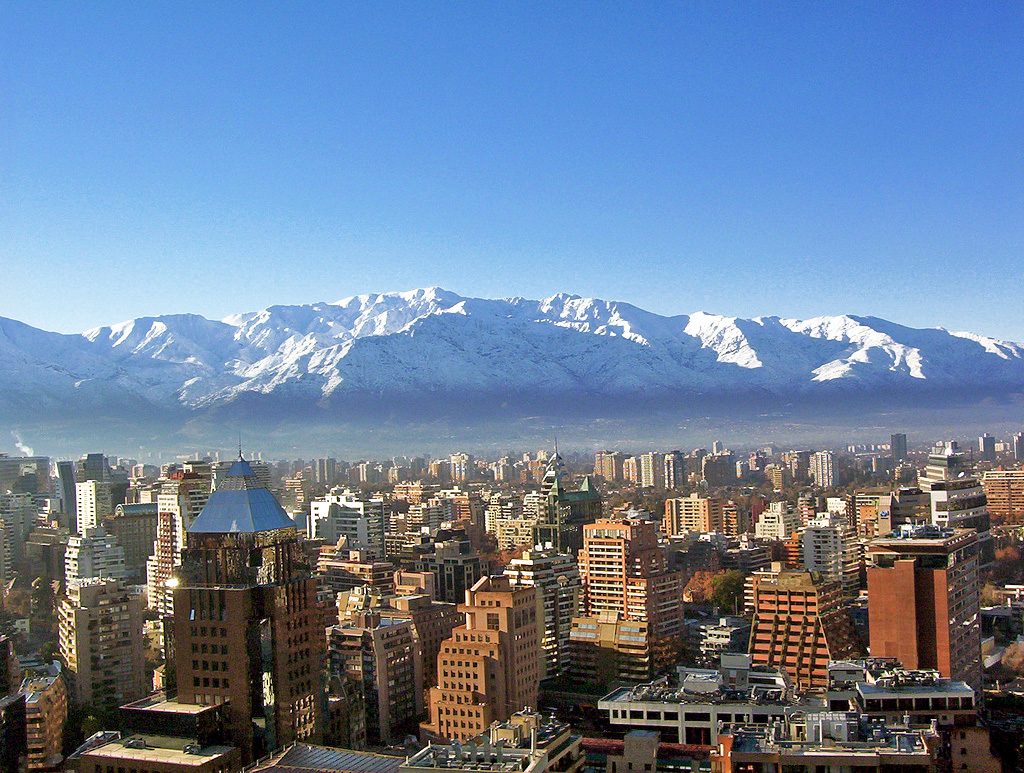
Santiago en invierno by Victor San Martin – Flickr – Wikimedia CC BY-SA 2.0
In the case of OpenCon, expectations are related to how this conference is proposed, where per-se is self declared to be more than a conference; rather a platform for the next generation to learn about Open Access, Open Education and Open Data, develop critical skills and catalyze action towards a more open system to share the information, from fields of academic and scientific research, to educational materials and digital research data. That is why the declaration of OpenConference is to be “empowering the next generation to advance in open access, open education and open data”.
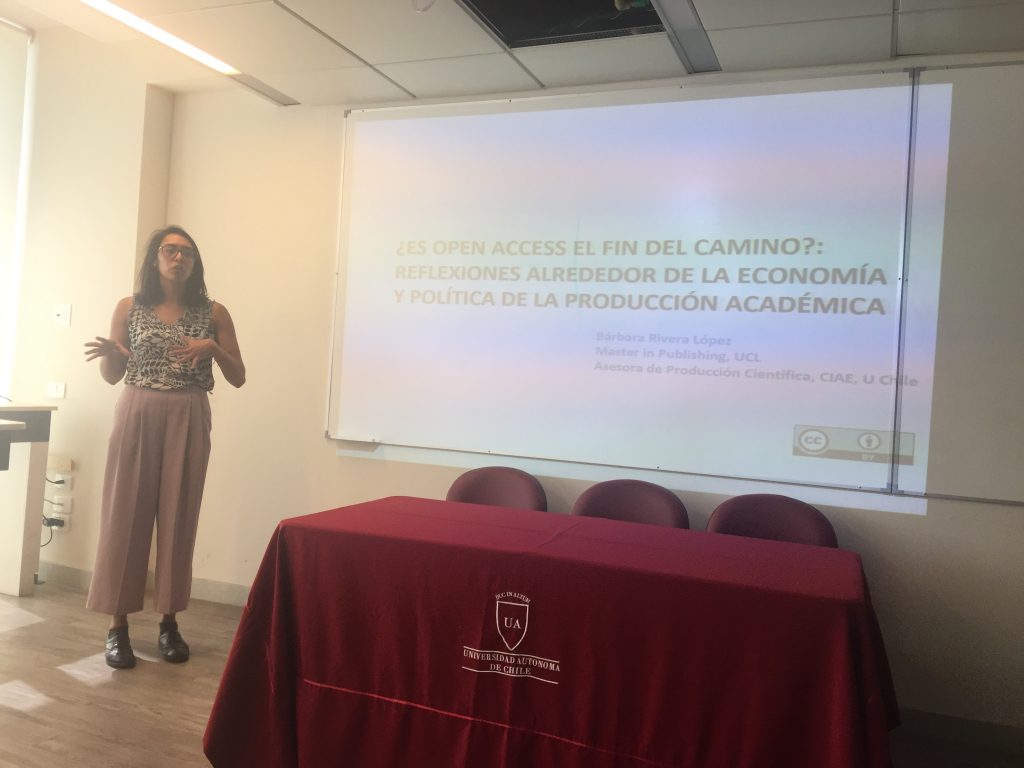
Bárbara Rivera López – ¿Es Open Access el fin del camino? Reflexiones alrededor de la economía y política de la producción académica https://figshare.com/s/eca56f9aab7c4db60115
When the [OpenCon Santiago 2016](http://www.opencon2017.
At that time we talked about various issues that allowed us to have an overview of the issues that concern these different actors. Among these were access to data, the relationship between public policies and open education, ethics in access and communication of information, the social and economic cost of reading and publishing from the academy, among others.
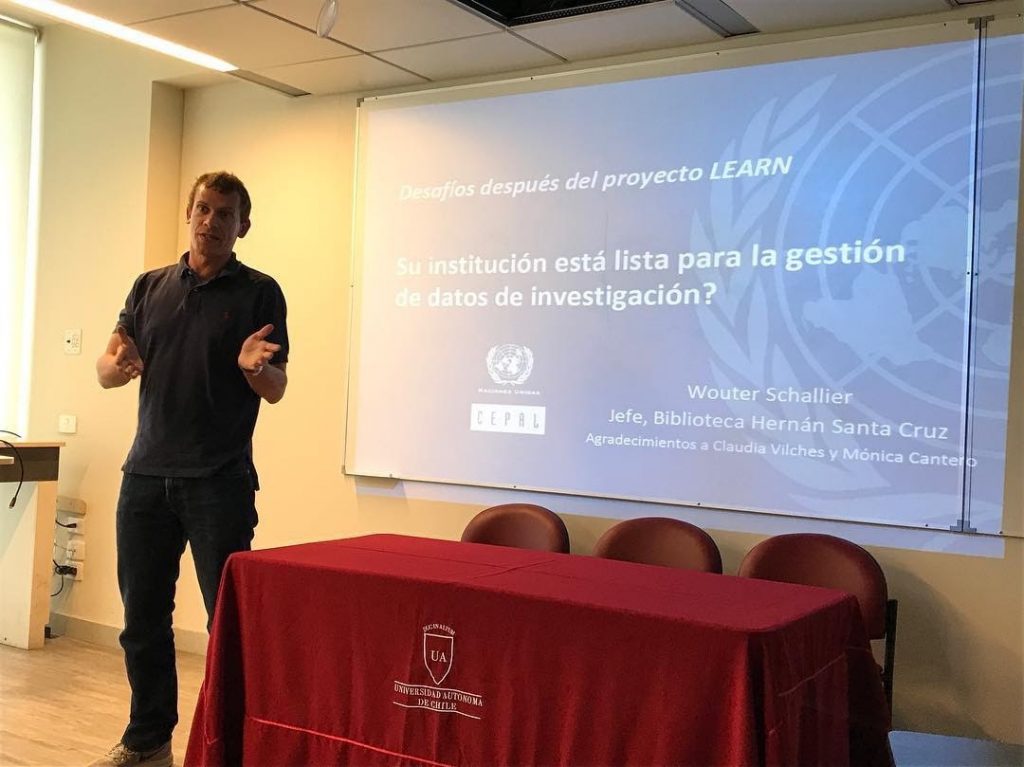
Wouter Schallier from CEPAL presents project LEARN about Research Data Management – by Ricardo Hartley (CCBY)
For the [OpenCon Santiago 2017](http://www.opencon2017.
Open Data, Open Education and Open Science. In these panels, we discuss relevant topics to reflect on and define the actions to be taken regarding the Open topic in Chile. In this sense, it is no longer just about opening for opening, but questioning how we should open, how to communicate, how to disseminate, and discuss the best strategies to carry it out.
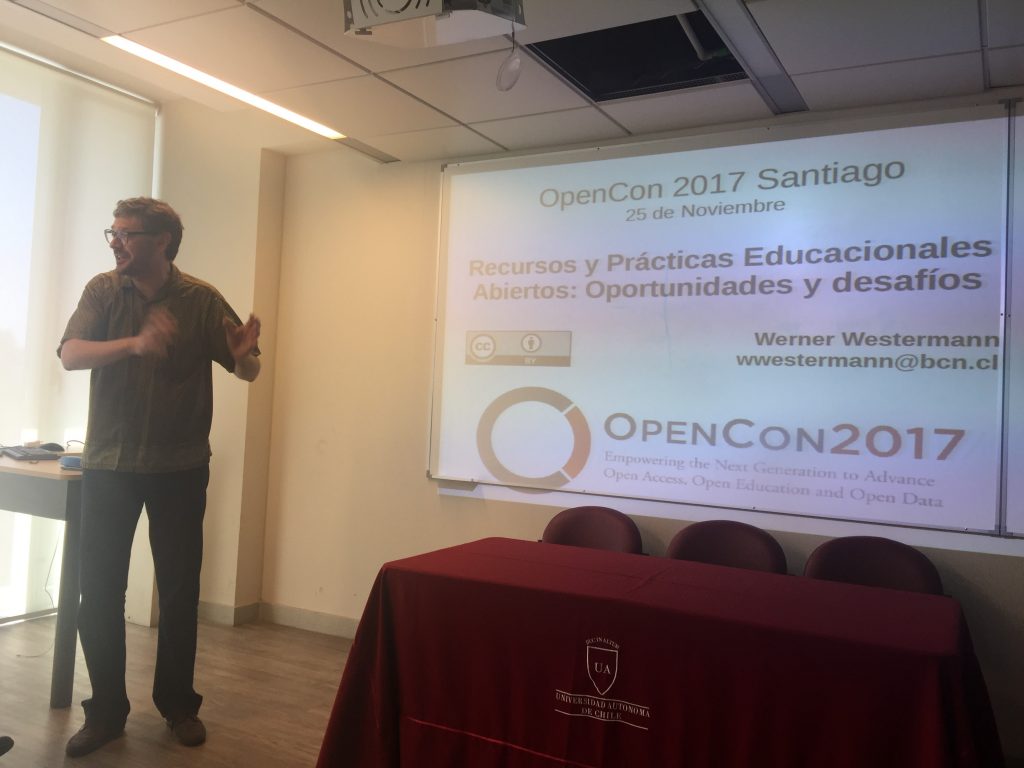
Werner Westermann introducing Open Educational Resources and Practices at OpenCon Santiago – by Ricardo Hartley (BCCBY)
From these questions arises the need, in our community, to think about the ways in which we will join the Open movement, how we will understand it and how to generate practices that are in harmony with the ways of producing knowledge, sharing and disseminating information in our countries.
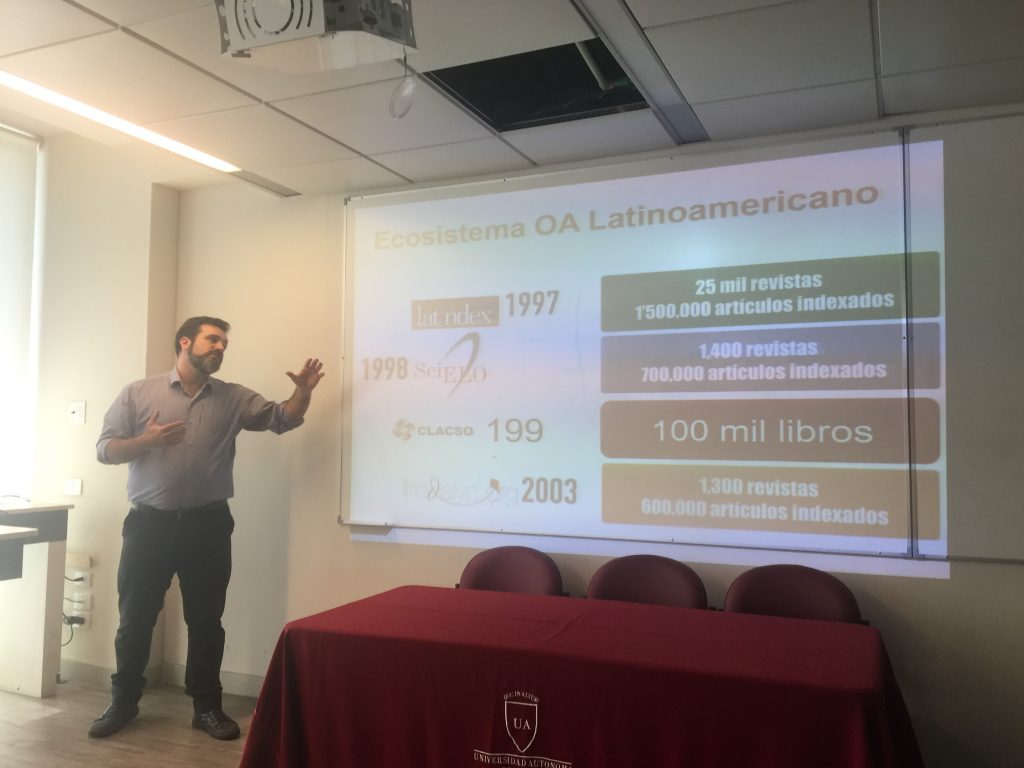
@fernando__lopez presenting the OA Latin American Ecosystem – at OpenCon Santiago by Ricardo Hartley (CCBY)
Among other issues that were discussed is the impact factor promoted by publishers that profit from knowledge; how to pass from a citizen science, where really it is involved and built in conjunction with the community, respecting and dialoguing with the knowledge of the latter. It is also important to mention the participation of research in the humanities and the arts, where the question arises as to whether we should only speak of science; when we refer to the Open movement. Finally, it is also important to consider the open culture and its conflictive areas in the area of digital creation and manufacturing.
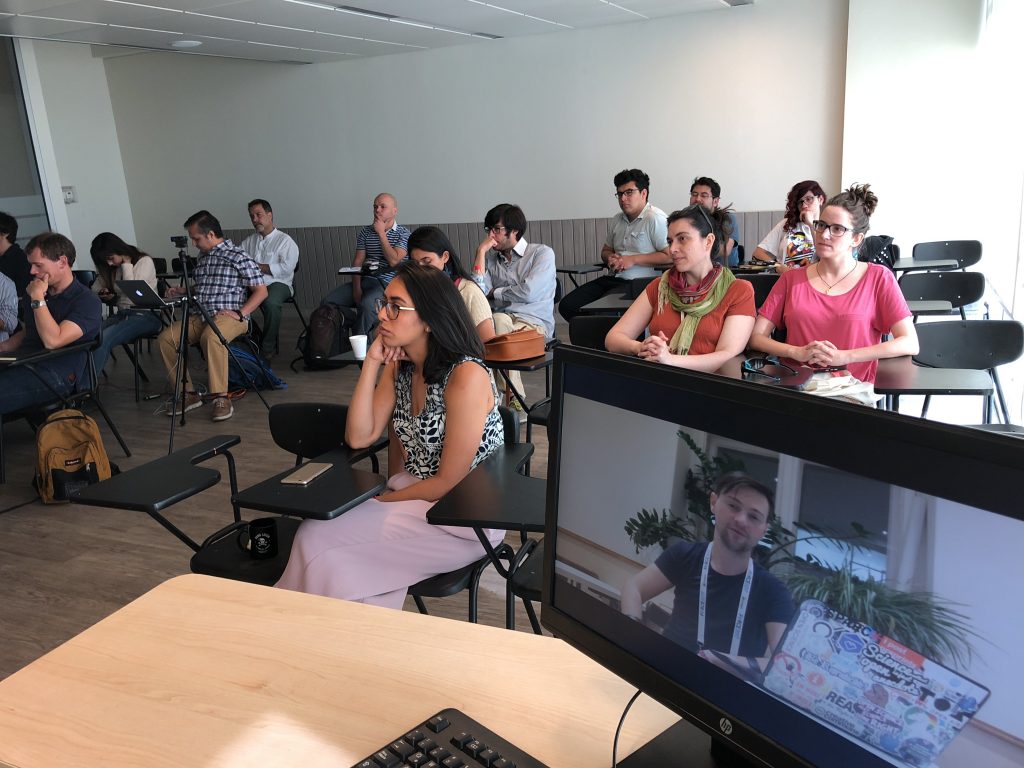
OpenCon Santiago – by Ricardo Hartley (CCBY)
Therefore, it is noteworthy that this reflection has been developed between people who work in both Private and State Universities, CEPAL, Professional Associations,
Researchers; Associations and Wikimedia Chile, in a space facilitated by the Universidad Autónoma de Chile.
If you want to know more, you can access some of the presentations on the [OpenCon Santiago] platform (https://osf.io/2ac9f/) in [Open Science Framework] (https://osf.io). A platform that allows to leave comments and, of course, express your interest to participate in what will be the OpenCon Santiago 2018.
—
About the authors
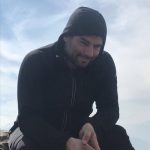
Ricardo Hartley – PhD in Applied Molecular Biology, University of la Frontera Chile
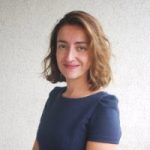 Carolina Gainza, PhD Hispanic Languages and Literatures Universidad Diego Portales
Carolina Gainza, PhD Hispanic Languages and Literatures Universidad Diego Portales
 Open Education Working Group
Open Education Working Group 



Leave a Reply